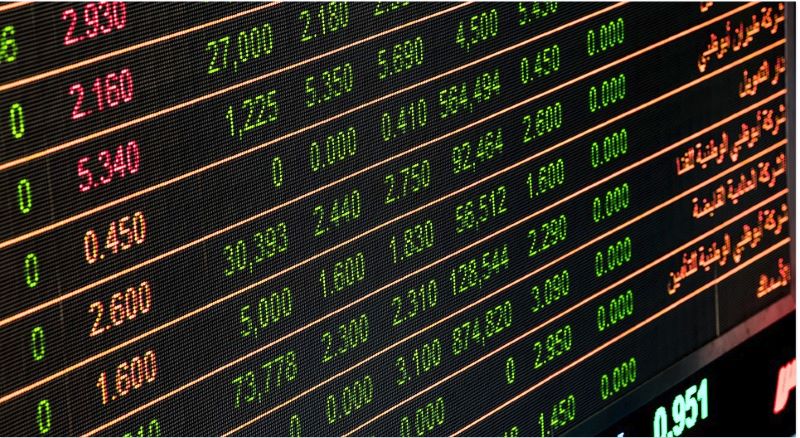As many thought would happen, the world is facing a resurgence of covid-19 cases.
Cases hit a new daily high of around 300,000 globally on the 27th July, and as the pandemic continues to accelerate, many countries are re-introducing lockdown restrictions. Almost all of Asia, except India, is looking to implement these restrictions almost immediately, which is bad news for the travel and tourism industries who are just beginning to recover.
How is the impending second wave affecting the market
If a second wave comes into full force, it’s likely to have a devastating impact on the Asian markets once again. With tensions already fraught between China and several countries, will this second wave of cases make relationships even worse?
Should cities, towns and communities have to go into complete lockdown again, businesses and factories will need to be closed, forcing trading between countries to come to a halt. If this happens as a result, it will be devastating to many organisations across the globe who heavily rely on trade in and out of the Asian markets for their businesses to continue to operate.
Worryingly, on the 26th July, China saw its highest number of daily cases since March. Yet, despite this increase in daily cases, the Yuan is growing ever stronger when compared to the Euro. The virus has had a profound impact on the financial markets and forex trading, and will continue to do so for a long period of time.
But with this increase, is now the time to look into investing in the stock market? With the local currency growing against the Euro and applications such as Tickmill available to give live market information, it’s something worth looking into to see if you can take advantage of the current situation. Boasting sophisticated order management and analytical tools, as well as expert advice available when you need it, why not see if you can turn your hand to investing.
What are countries doing to prevent a second wave?
Hong Kong is expected to announce the addition of more restrictions in the coming days, including a ban on restaurant dining and mandatory face masks outdoors. These measures would be the first time the city has completely banned dining in restaurants.
Australia is also looking at implementing lockdown measures again, with some areas in parts of the south-eastern Victoria state heading into a six-weeks plus lockdown. Although most of Australia is pretty much virus-free, these flare-ups have caused worry among officials as they scramble to prevent a wider national outbreak.
It’s safe to say the virus will be with us for longer than we might have hoped. With these new lockdowns in place, we can only hope they don’t have too much of a negative impact on the Asian and other markets across the globe.
